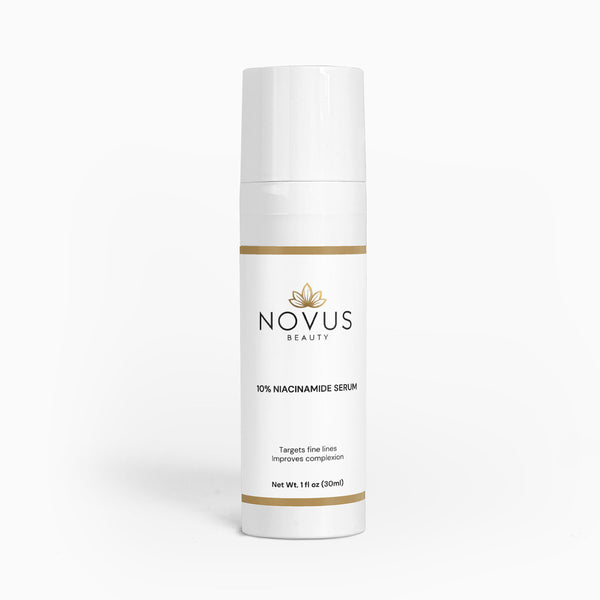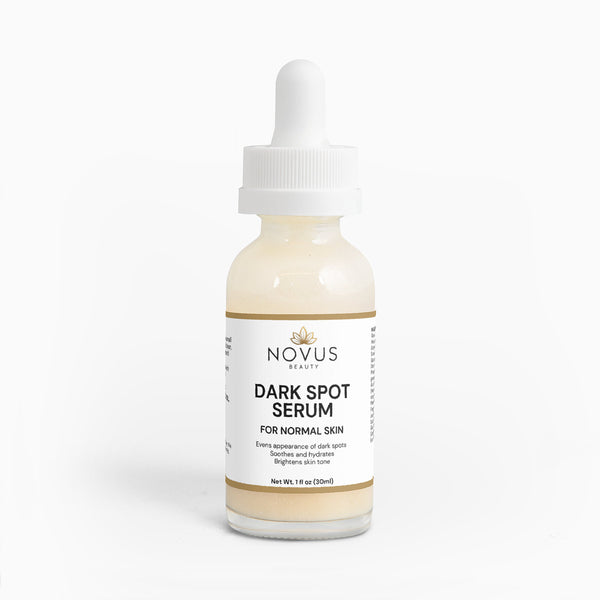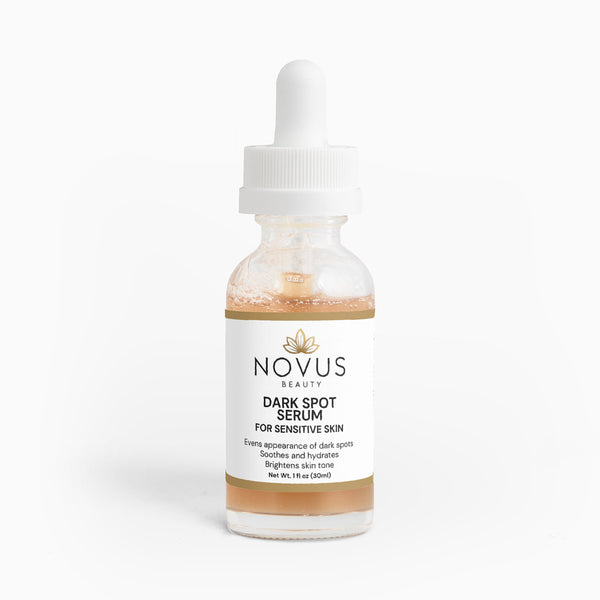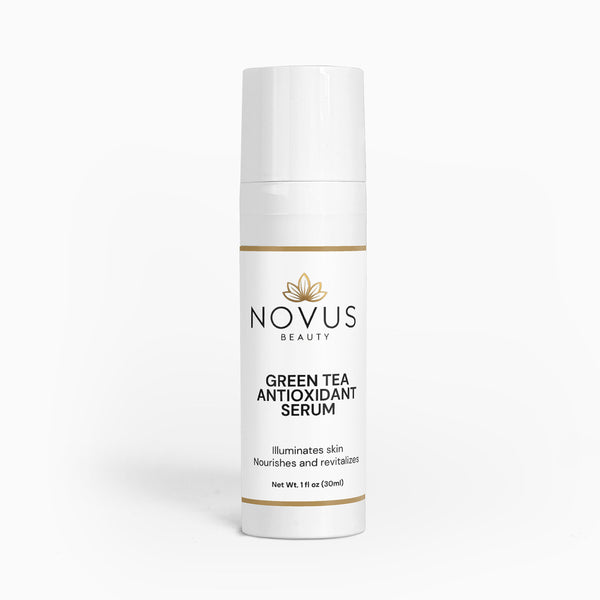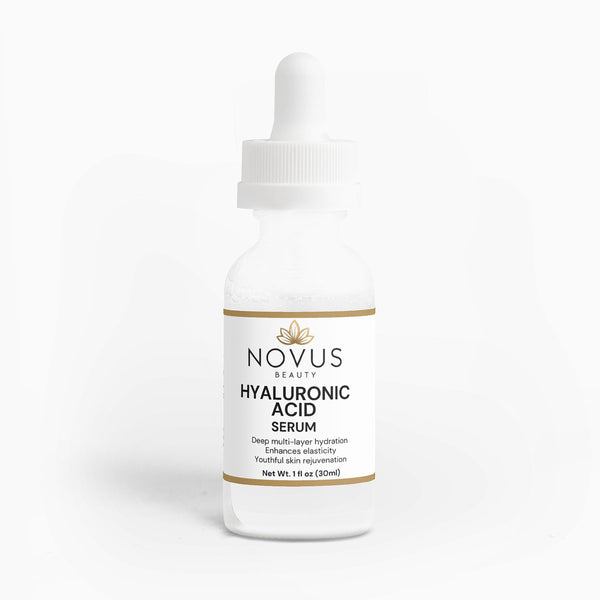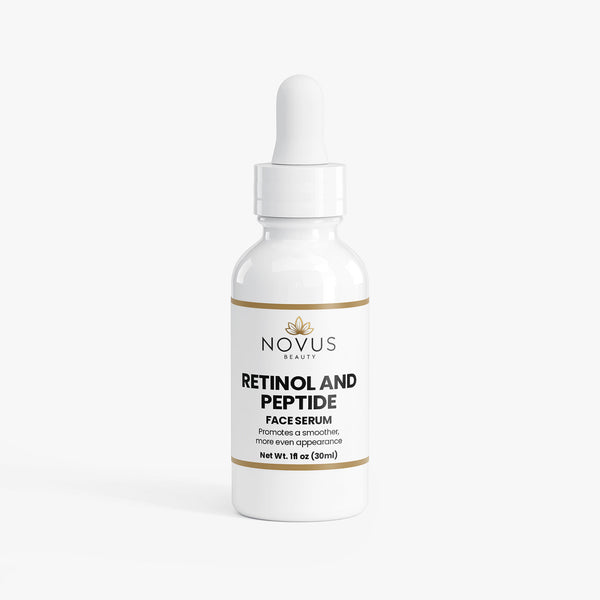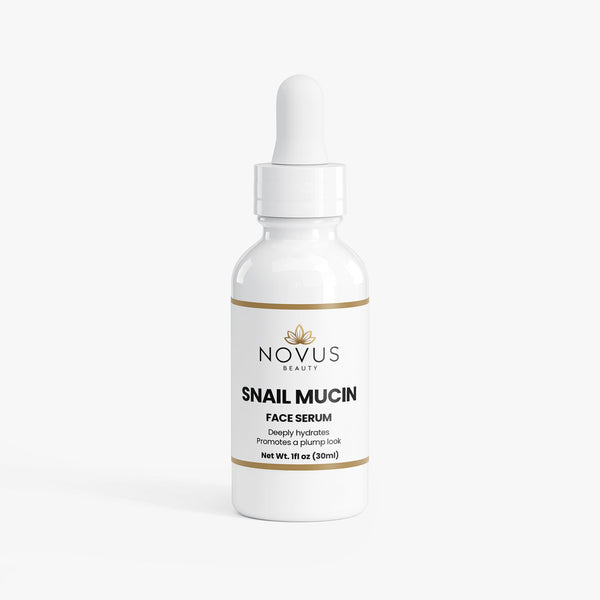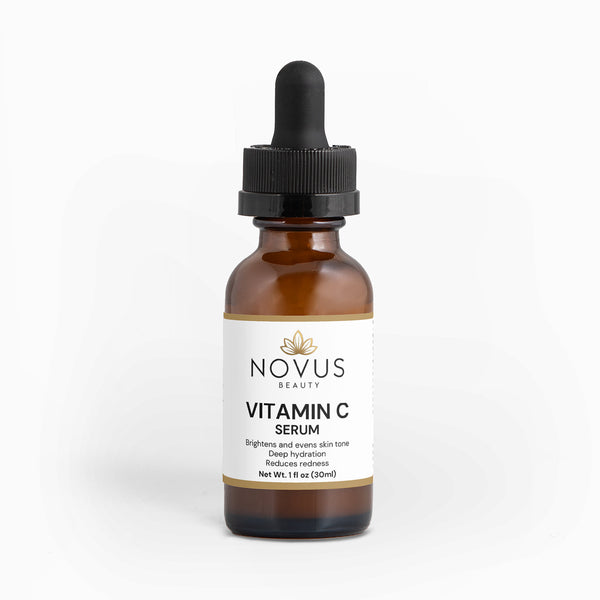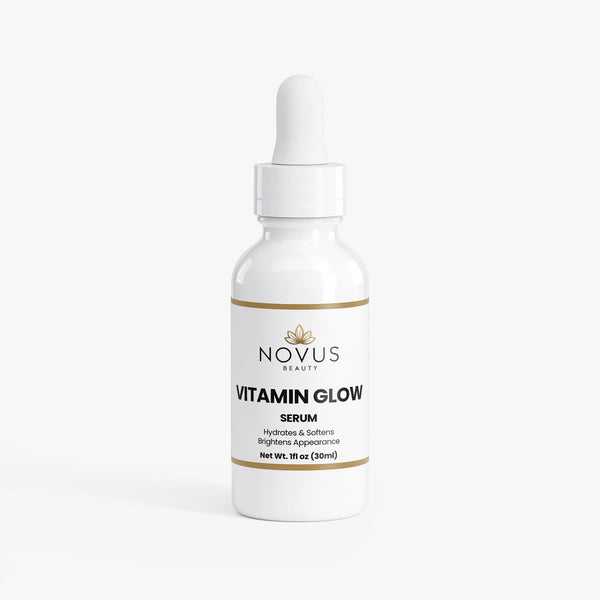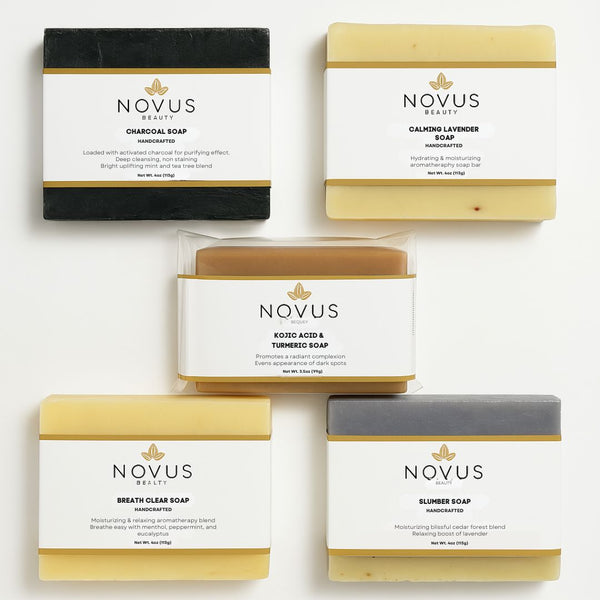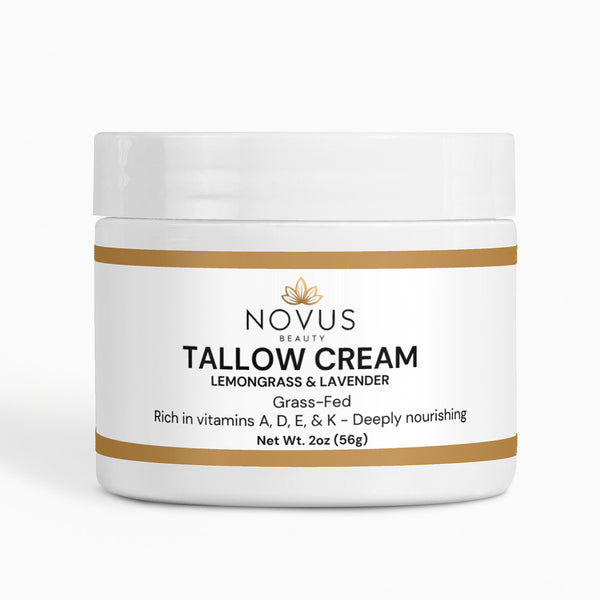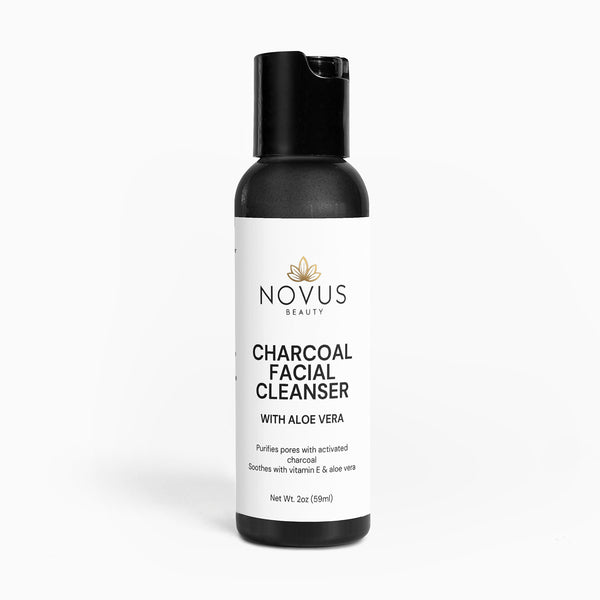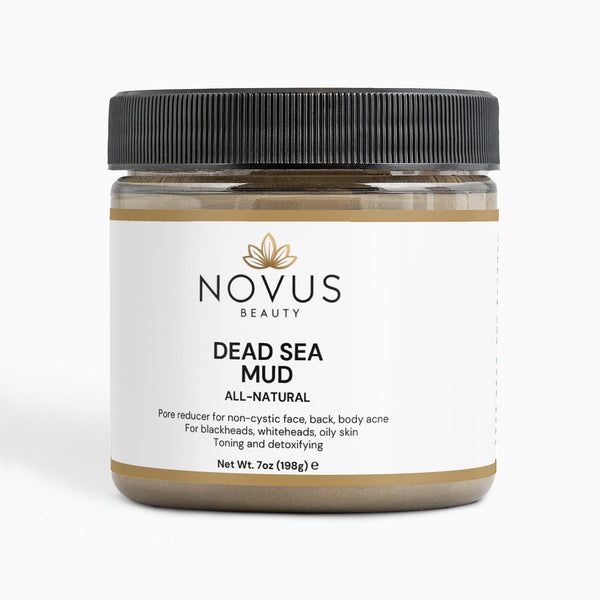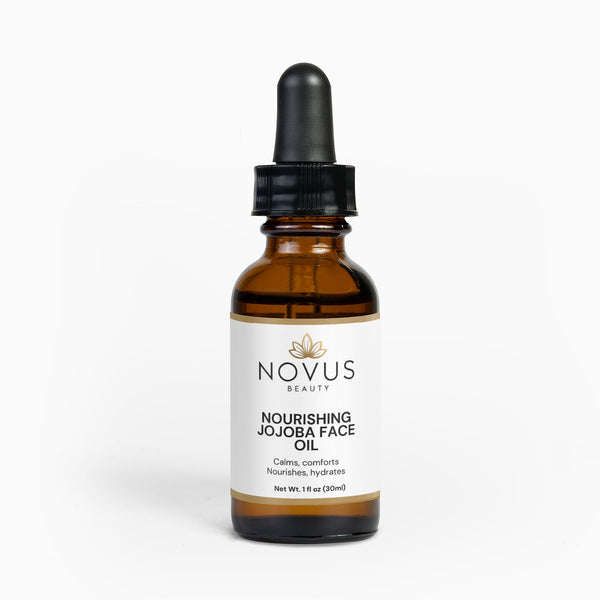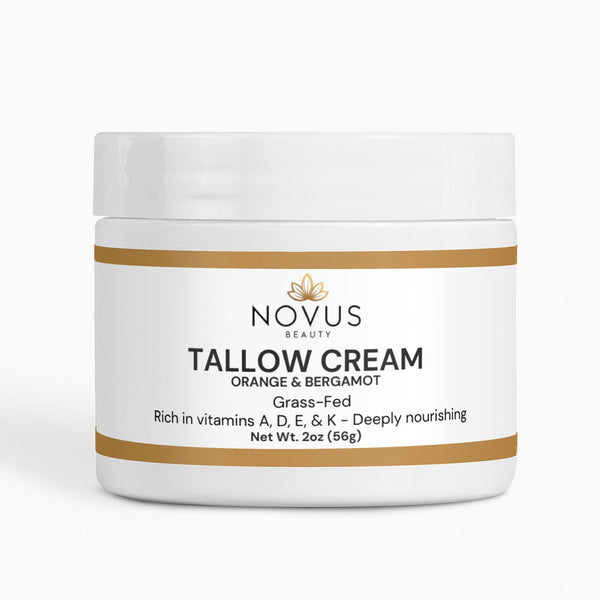That moment when a pimple finally heals, only to leave behind a stubborn dark shadow that seems to last forever—it's a special kind of skincare frustration. If you've tried every brightening serum and spot treatment with disappointing results, you're not alone. The truth is, most people approach post-acne marks all wrong, using aggressive treatments that often make the problem worse in the long run.
Post-inflammatory hyperpigmentation (PIH)—the technical term for these stubborn marks—isn't a flaw in your skin, but rather an overzealous healing response. When you understand why these spots form and how to work with your skin's natural processes instead of against them, you can finally break the cycle of frustration. Let's explore the real reasons your current approach might be failing and build a strategic plan that actually works.
What Exactly Are These Post-Acne Marks?
Post-inflammatory hyperpigmentation occurs when your skin's healing process goes into overdrive. After the inflammation from a pimple subsides, your melanocytes (the cells that produce pigment) can remain activated, depositing excess melanin in the area as part of the repair process.
The key thing to understand: PIH is fundamentally different from acne scars. While scars involve texture changes from collagen damage, PIH is purely a discoloration issue. This is good news—it means with the right approach, these marks can be completely faded.
Why Most Treatments Fail (and What to Do Instead)
| The Common Mistake | Why It Fails | The Better Approach |
|---|---|---|
| Over-Exfoliating | Damages skin barrier, creates more inflammation | Gentle, consistent exfoliation 2-3x weekly |
| Skipping Sunscreen | UV exposure triggers more pigment production | Daily broad-spectrum SPF 30+ |
| Using Too Many Actives | Overwhelms skin, causes irritation | Focused routine with complementary ingredients |
| Being Impatient | Leads to product-hopping before results can appear | Consistent use for 8-12 weeks minimum |
The Strategic 3-Step Approach That Actually Works
Step 1: Gentle Exfoliation (Without the Damage)

Instead of harsh physical scrubs that can cause micro-tears, opt for chemical exfoliants that work with your skin's biology. The Gentle Balancing Toner provides mild exfoliation while maintaining your skin's pH balance, helping to gradually fade marks without compromising your barrier.
Step 2: Barrier Support (The Missing Link)

A healthy skin barrier is essential for fading PIH. When your barrier is compromised, inflammation persists and treatments become less effective. The Snail Mucin Face Serum delivers intense hydration and contains nutrients that support skin regeneration, creating the ideal environment for marks to fade.
Step 3: Targeted Brightening Actives

This is where strategic ingredient selection makes all the difference. The Retinol and Peptide Face Serum combines retinol to accelerate cell turnover with peptides to support skin health, addressing both the surface discoloration and the underlying skin function.
A Realistic Timeline: What to Expect
-
Weeks 1-4: Reduced redness, improved skin texture, slight lightening around edges of marks
-
Weeks 5-8: Noticeable fading of newer marks, improved overall brightness
-
Weeks 9-12: Significant improvement in older, more stubborn marks
-
Months 4-6: Continued fading with consistent use
Remember: PIH fading follows your skin's natural renewal cycle, which takes approximately 28-40 days. True results require patience and consistency.
How a 24/7 System Accelerates Results
Morning Routine:
-
Cleanse with lukewarm water
-
Apply Snail Mucin Face Serum
-
Follow with broad-spectrum sunscreen
Evening Routine:
-
Double cleanse to remove sunscreen and impurities
-
2-3x weekly: Use Gentle Balancing Toner
-
Finish with a nourishing moisturizer
This system works because it provides consistent support through both the protective daytime hours and the reparative nighttime cycle, creating optimal conditions for your skin to heal itself.
Your Journey to Clear Skin Starts With Consistency
Fading post-acne marks isn't about finding a miracle product—it's about implementing a strategic, consistent routine that supports your skin's natural healing processes. By focusing on gentle exfoliation, barrier health, and targeted actives, you're not just treating the symptoms but addressing the root causes of persistent pigmentation.
The most effective approach is one you can maintain long-term. Start with the basics, be patient with your progress, and remember that every consistent day brings you closer to the clear, even-toned skin you deserve.
What's been your biggest challenge with post-acne marks? Share your experience and questions in the comments below—we're here to help!
